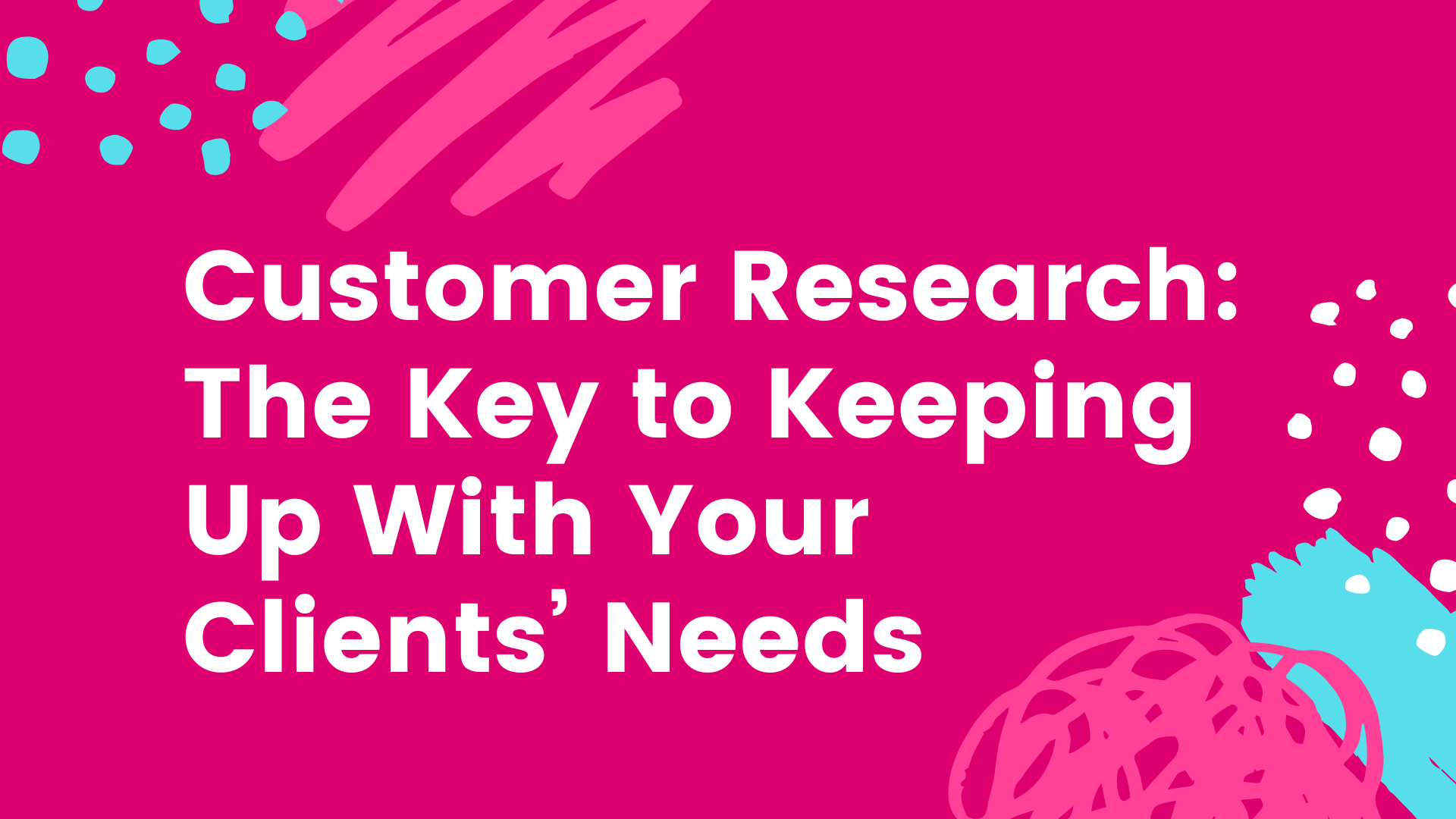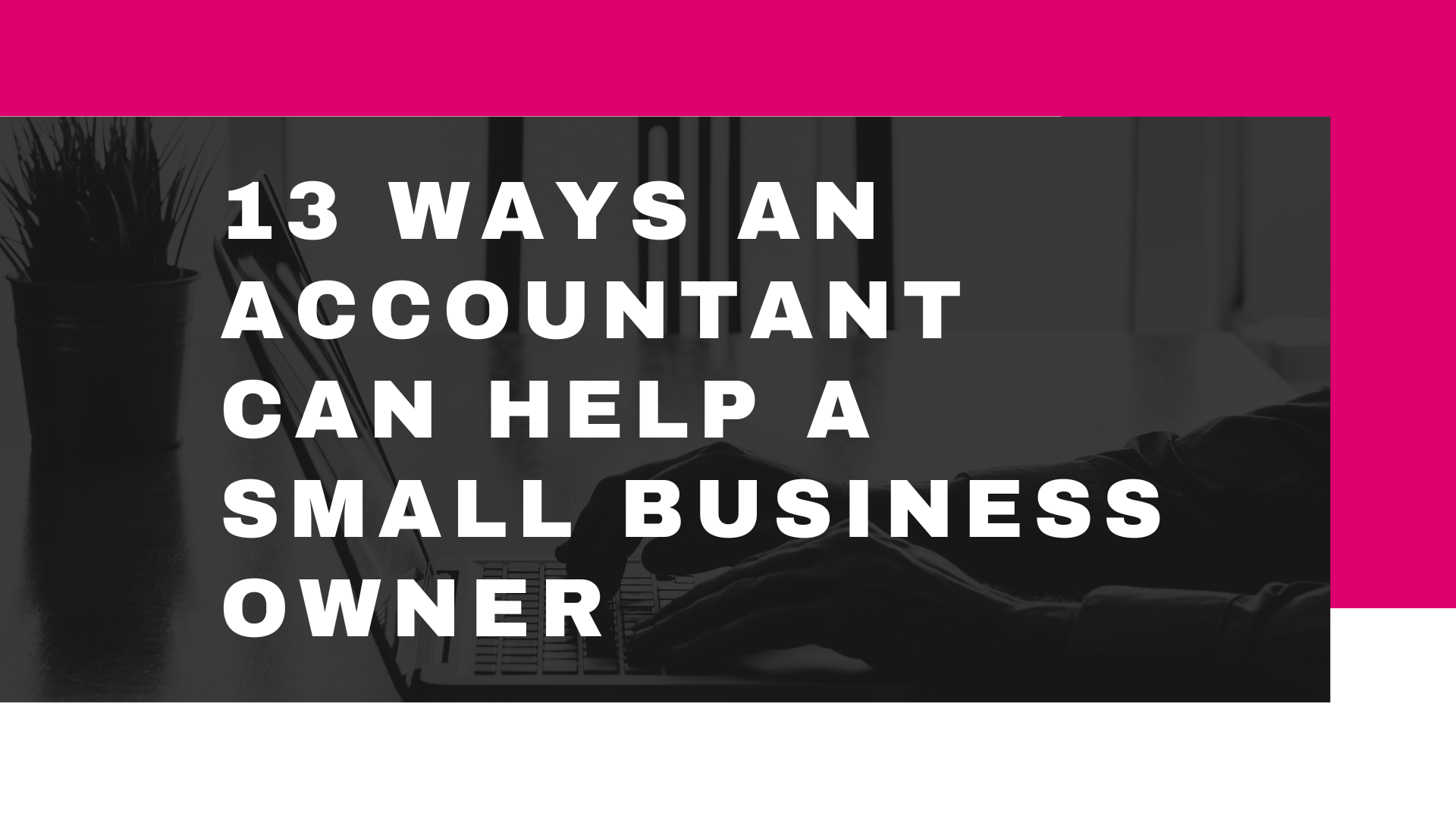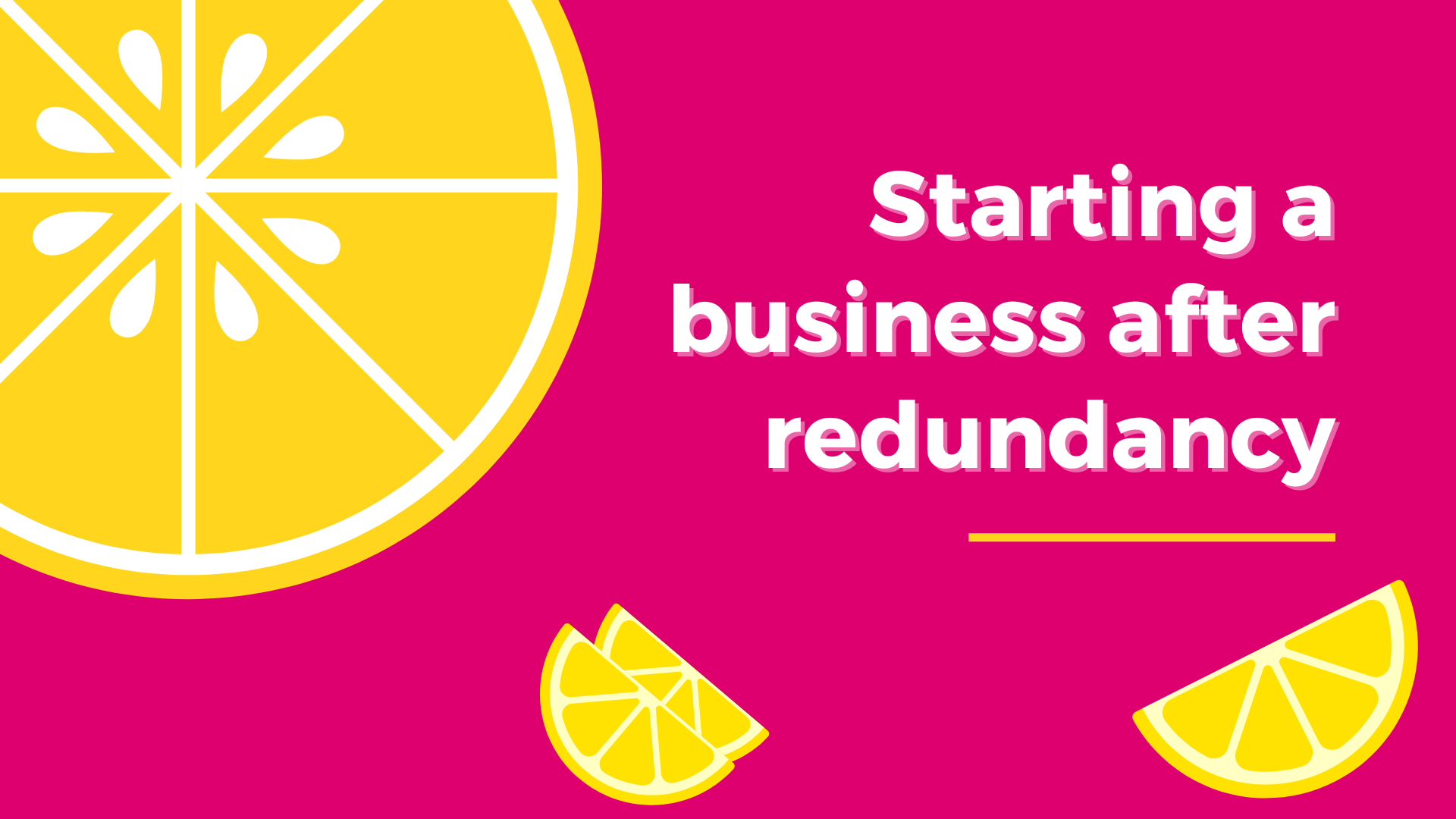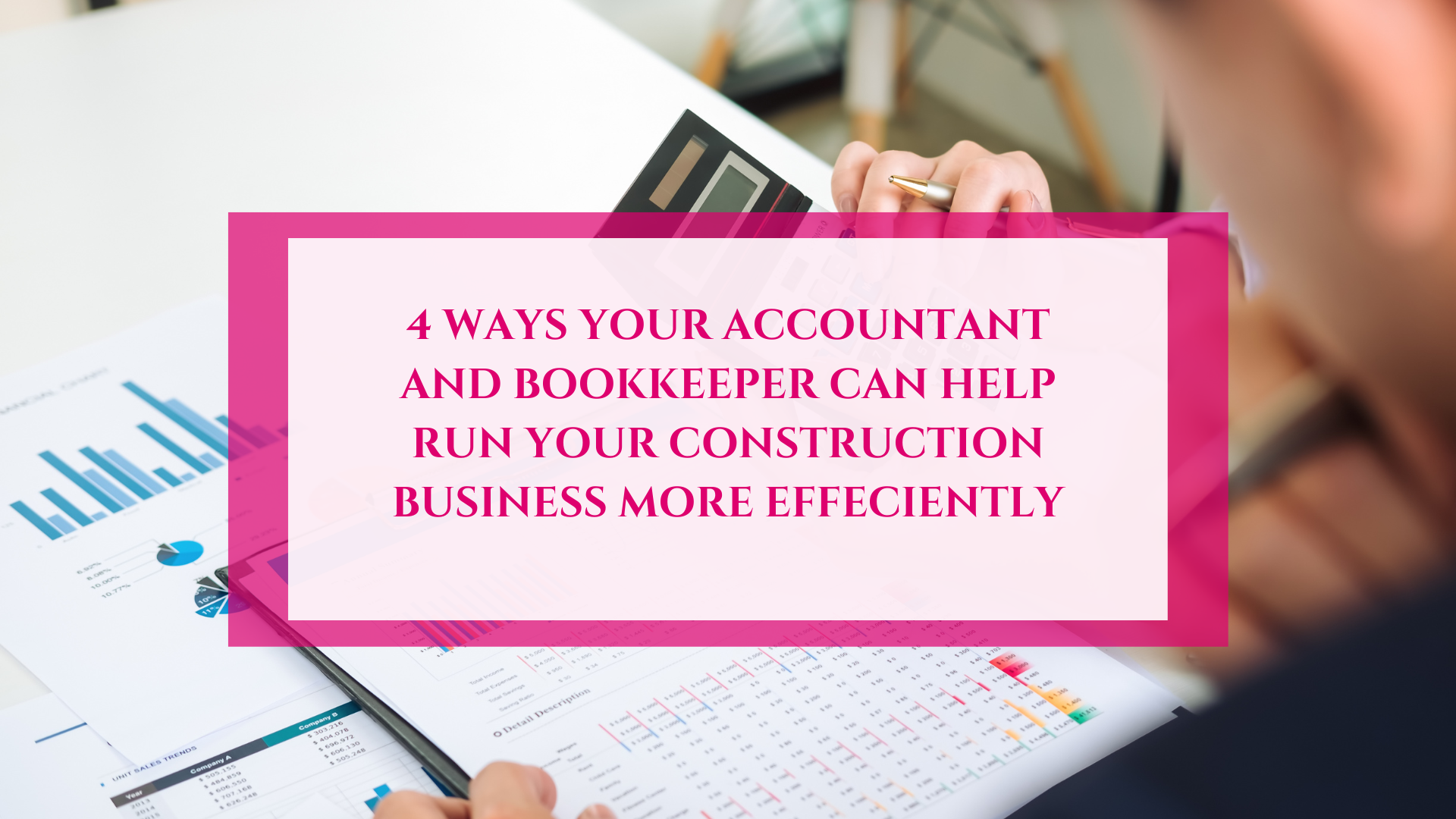A common dilemma faced by many budding entrepreneurs and freelancers in the UK is: should I become a limited company? This question arises as a natural step in the growth journey of any small business or self-employed professional. But, deciding to incorporate a limited company is a crucial decision that can have far-reaching implications on various aspects of your business. Let’s break this down to help you make an informed decision.
Understanding Limited Companies
Firstly, it’s crucial to understand what becoming a limited company entails. It is a type of business structure where the company is an entity separate from its owners. This means that the company has its own legal identity, distinct from its directors (the people who manage the company) and shareholders (the people who own the company).
In the UK, limited companies can be categorised into private limited companies (Ltd), which cannot offer shares to the public, and public limited companies (plc), which can. For the purpose of this article, we will focus on private limited companies, as these are the most common choice for small businesses and freelancers.
Benefits of Becoming a Limited Company
Limited Liability
The primary advantage of incorporating a limited company is limited liability. In essence, if the company runs into financial trouble, the personal assets of the directors and shareholders are not at risk. The financial liability of the owners is limited to their investment in the company, providing a safety net against unforeseen business issues.
Tax Efficiency
Limited companies often enjoy more favourable tax rates than sole traders or partnerships in the UK. As a director, you can choose to take a combination of salary and dividends, the latter of which is taxed at a lower rate than income tax (dependent on company profits).
Credibility and Perception
Becoming a limited company can boost your business’s credibility. The perception of being a larger, more established entity can be beneficial in negotiating contracts and attracting clients or investors.
Considerations Before Incorporating
While the benefits are enticing, there are some important considerations to bear in mind before deciding, “Yes, I should become a limited company.”
Administrative Responsibilities
Limited companies face more stringent reporting requirements, including submitting annual accounts and reports to Companies House. This can increase your administrative burden and necessitate hiring an accountant.
Privacy
As a limited company, your business’s details, including director names and registered office addresses, become public record. Some business owners may not feel comfortable with this level of exposure.
Difficulty in Withdrawing Money
Unlike sole traders who can withdraw cash from their business without any tax implications, withdrawing money from a limited company is not as straightforward and can be subject to taxes.
Making the Decision
Ultimately, the decision to become a limited company is a personal one that hinges on your business’s specific circumstances. It’s essential to balance the potential benefits against the administrative, financial, and legal implications that come with incorporating.
Take into account factors such as the nature of your business, financial prospects, and tolerance for risk and administrative work. You should also consult with an accountant or business consultant to make sure you understand all the implications.
Should I become a limited company? It’s a question that deserves careful consideration. Done right, it could be the launchpad that takes your business to the next level. But, it’s vital to ensure you’re making the right move for the right reasons. So, take your time, do your research, and make the choice that best suits your business aspirations.















